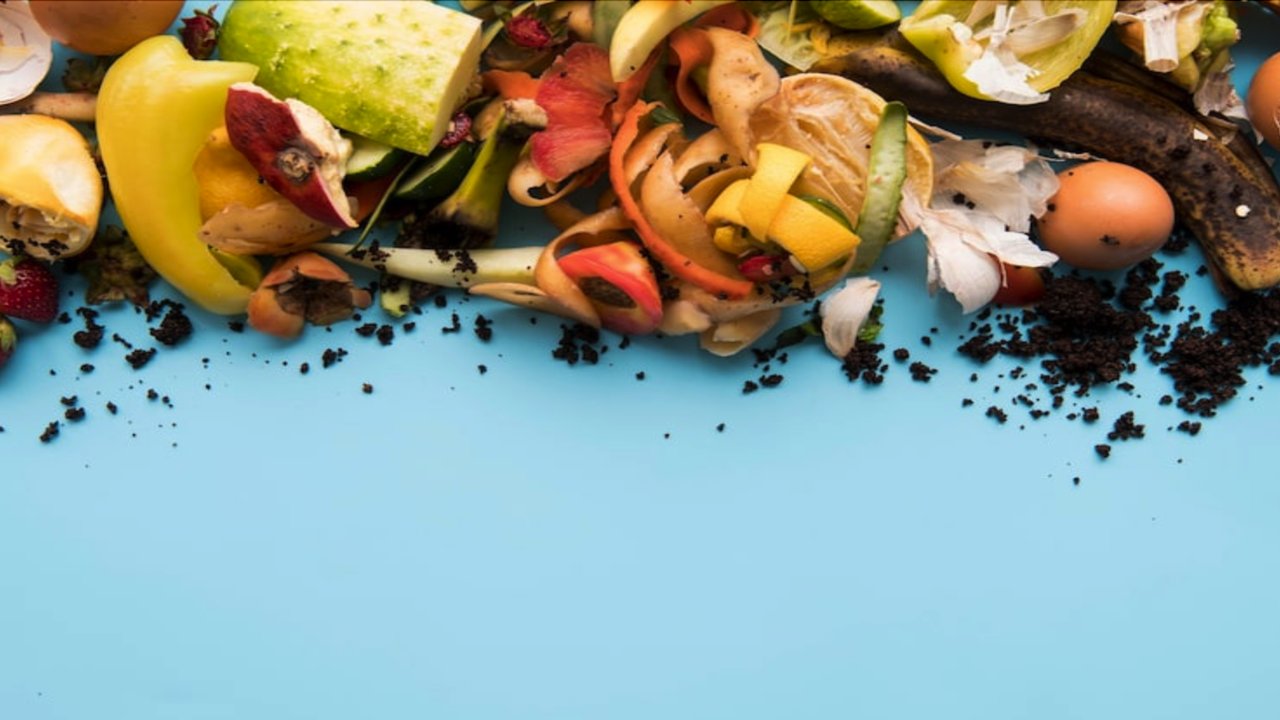 In a groundbreaking move towards sustainability Heineken UK is leading the charge in closing the loop on food production waste. As part of the Climate Smart Food 2025 initiative, the company is revolutionizing its green strategy by reusing and reintegrating production waste to enhance its environmental footprint. Through exclusive insights from Heineken UK experts, we delve into the journey from apple pip to end product, highlighting the transformative power of circularity in decarbonizing, regenerating nature, and maximizing resources. Join us on September 16 as we explore circular processing and uncover industry successes and challenges in upcycling waste, leveraging AI for greener systems, and scaling circular ingredients. This initiative, coinciding with Sustainable September, spearheaded by FoodNavigator publisher William Reed, aims to elevate green thinking in the global food and drink sector. Share your views in a short survey and contribute to a sustainable future with every response supporting the Farm Africa charity.
In a groundbreaking move towards sustainability Heineken UK is leading the charge in closing the loop on food production waste. As part of the Climate Smart Food 2025 initiative, the company is revolutionizing its green strategy by reusing and reintegrating production waste to enhance its environmental footprint. Through exclusive insights from Heineken UK experts, we delve into the journey from apple pip to end product, highlighting the transformative power of circularity in decarbonizing, regenerating nature, and maximizing resources. Join us on September 16 as we explore circular processing and uncover industry successes and challenges in upcycling waste, leveraging AI for greener systems, and scaling circular ingredients. This initiative, coinciding with Sustainable September, spearheaded by FoodNavigator publisher William Reed, aims to elevate green thinking in the global food and drink sector. Share your views in a short survey and contribute to a sustainable future with every response supporting the Farm Africa charity.
Leveraging Circular Economy for Sustainability
The concept of circularity in the food and drink industry, exemplified by Heineken UK's initiative, is a strategic approach that not only enhances sustainability but also drives economic benefits. By reusing and reintegrating production waste, companies can reduce their environmental impact while creating new revenue streams. According to a report by the Ellen MacArthur Foundation, transitioning to a circular economy model could unlock economic opportunities worth $4.5 trillion by 2030. This shift towards circularity not only aligns with ESG goals but also positions companies to thrive in a resource-constrained world where consumers increasingly value sustainability in their purchasing decisions.
Embracing Technological Innovation for Greener Systems
In the quest for sustainable food production, technological advancements play a pivotal role in driving efficiency and reducing waste. Companies like Heineken UK are leveraging artificial intelligence (AI) to optimize processes, minimize resource consumption, and enhance traceability in their supply chains. For instance, AI-powered predictive analytics can help food and drink manufacturers forecast demand more accurately, leading to reduced overproduction and food waste. By embracing innovative technologies, businesses can not only improve their environmental footprint but also gain a competitive edge by meeting consumer demands for transparency and sustainability.
Scaling Upcycling Initiatives for a Circular Supply Chain
The upcycling of food waste, a key focus area for companies like Heineken UK, presents a significant opportunity to reduce waste and create value from by-products that would otherwise be discarded. By upcycling berry waste, for example, companies can extract valuable nutrients and flavors to develop new products, contributing to a more circular supply chain. This approach not only minimizes environmental impact but also addresses consumer concerns regarding food waste and sustainability. As more companies embrace upcycling practices, they not only contribute to a more sustainable future but also foster innovation and creativity in product development.
Collaborative Industry Efforts for Sustainable Impact
Sustainable September, spearheaded by FoodNavigator publisher William Reed, is a testament to the growing momentum towards sustainability within the food and drink industry. This collaborative initiative brings together industry stakeholders to share best practices, address challenges, and drive collective action towards a more sustainable future. By joining forces under Sustainable September, companies can amplify their impact, foster knowledge exchange, and inspire others to adopt greener practices. Such industry-wide collaborations not only raise awareness about sustainability issues but also demonstrate the power of collective action in driving meaningful change across global supply chains.
Conclusion
Heineken UK's pioneering move towards circularity in food production waste sets a powerful example for the industry, showcasing how sustainability can drive economic benefits and environmental stewardship hand in hand. By leveraging technological innovation, embracing upcycling initiatives, and fostering collaborative industry efforts, companies can not only reduce their environmental impact but also create new revenue streams and inspire collective action towards a greener future. As Sustainable September unfolds, let us reflect on the transformative potential of circular systems and commit to driving meaningful change across global supply chains, one sustainable decision at a time.